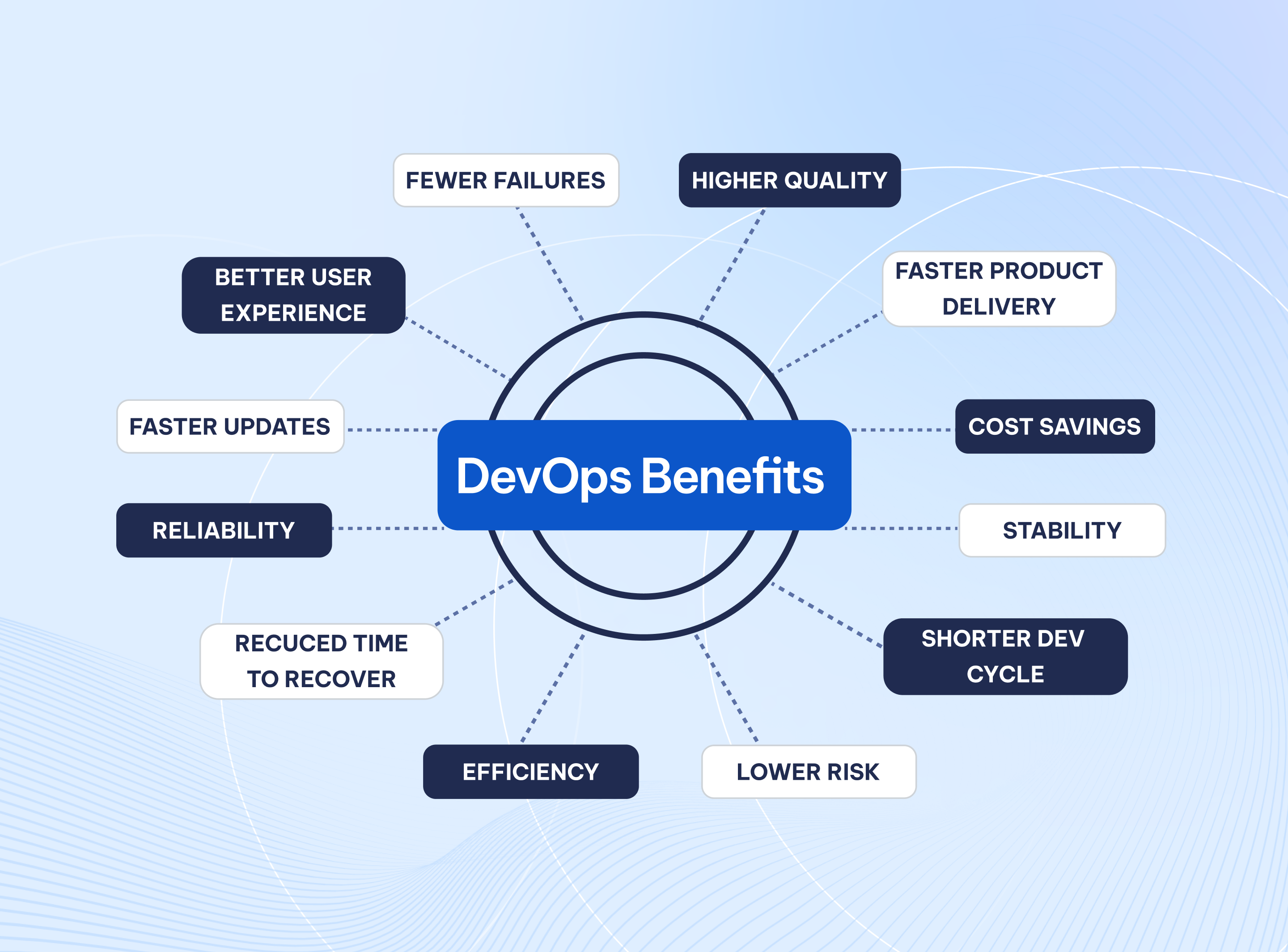Offshore Development Project Failures: Causes and Solutions
Published on Sep 22, 2023
Introduction
Offshore development is a popular option for businesses to gain access to a worldwide talent pool while lowering labor expenses. In this post, we will look at the reasons why offshore development projects fail and look at some strategies that will ensure project success.
Causes of Offshore Development Project Failures
Unclear or Changing Requirements
Unclear or changing requirements can lead to miscommunications and wrong outcomes. Offshore development teams may not have a full understanding of the project's requirements, and the requirements may change mid-project, leading to confusion and delays.
Without proper project management, these changing requirements may lead to scope creep — the gradual and uncontrolled expansion of a project's goals, deliverables, features, or requirements beyond its original intended scope.

Unclear or changing requirements are the among the biggest causes for the failure of a fixed price package.
Technical Problems and Limitations
Once the team fails to meet the client’s technical requirements, the project is doomed from the start. When technical issues are neglected or poorly handled, they might recur throughout the project's duration and cause critical bugs in deliverables.
This is why portfolio scanning and code reviews play a vital role when choosing the right offshore development vendor.
However, there are also cases when the quality of the final product under-delivers due to the mismatch in coding standards. In this instance, both parties should communicate and define clear expectations, and make sure to raise and resolve issues as soon as possible.
Bad Communication

Lack of communication can lead to misunderstandings, missed deadlines, and poor performance. Language limitations are another significant issue when it comes to communication; when both parties struggle to understand one another owing to language barriers, your project is doomed to failure.
Poor Project Management
Poor project management can have a negative domino effect and lead to the failure of an offshore development project.
This frequently happens when both sides underestimate the size and scope of the project, resulting in final outputs that fall short of expectations.
When project management falls short, critical components including resource allocation, task prioritization, and communication may suffer, hindering development and jeopardizing the project's overall success.
Time & Material is considered the best option to mitigate the risk of poor management.
Solutions to Offshore Development Project Failures
1. Define Clear and Detailed Requirements
Clear and detailed project requirements can help avoid misunderstandings and misinterpretations. It is important to communicate project requirements clearly and in detail to ensure everyone is on the same page.
2. Communicate Openly and Consistently
Open and consistent communication can help avoid misunderstandings, ensure transparency, and promote collaboration. You can start by establishing communication channels and initiating open communication between two parties.
Regular progress updates and status reports can help ensure transparency and maintain communication between the client and the vendor. Our team has developed strategies to bridge the timezone gap and ensure streamlined communication, check out this article to learn more.
3. Execute Effective Project Management and Oversight
Effective project management skills can not only help you oversee the project's progress and resource allocation, but also streamline communication, and mitigate risk.
This is why business analysis plays a vital role in the project. Done right, it enables both parties to oversee the scope and requirements to estimate the right timeline and effort for the team to deliver up to expectations.

Setting realistic project deadlines is essential for avoiding delays and maintaining costs within your allotted spending limits. Plus, controlling stakeholder expectations via transparent communication and the establishment of reasonable project milestones guarantees that everyone is on the same page with the project's progress and goals.
4. Pay Attention to Technical Details and Limitations
Make sure to cherry-pick only the right people for your offshore development team, a little more effort putting into CV assessments and direct interviews will help you in the long run.
Your vendor should also have a strong core team to evaluate and set up the project initially, ensuring that their teammates can streamline and deliver milestones without technical hiccups.
This way, your project can also scale up more easily in the future.
5. Stick to the Established Scope
For instance, if a project is initially scoped to include specific features and functionalities, adding features not originally planned (scope creep) can strain development resources and lead to missed deadlines. Staying within the established scope can avoid such mismanagement, ensuring a smoother project execution and on-time delivery.
Conclusion
Offshore development projects can be a cost-effective way to access a global talent pool, but they are not without their challenges. Offshore development project failures are not uncommon, but they can be avoided. By addressing the causes of offshore development project failures and implementing solutions, companies can ensure project success. Our team at FABA Technology can offer you a helping hand, contact us for project consultation at no charge.











